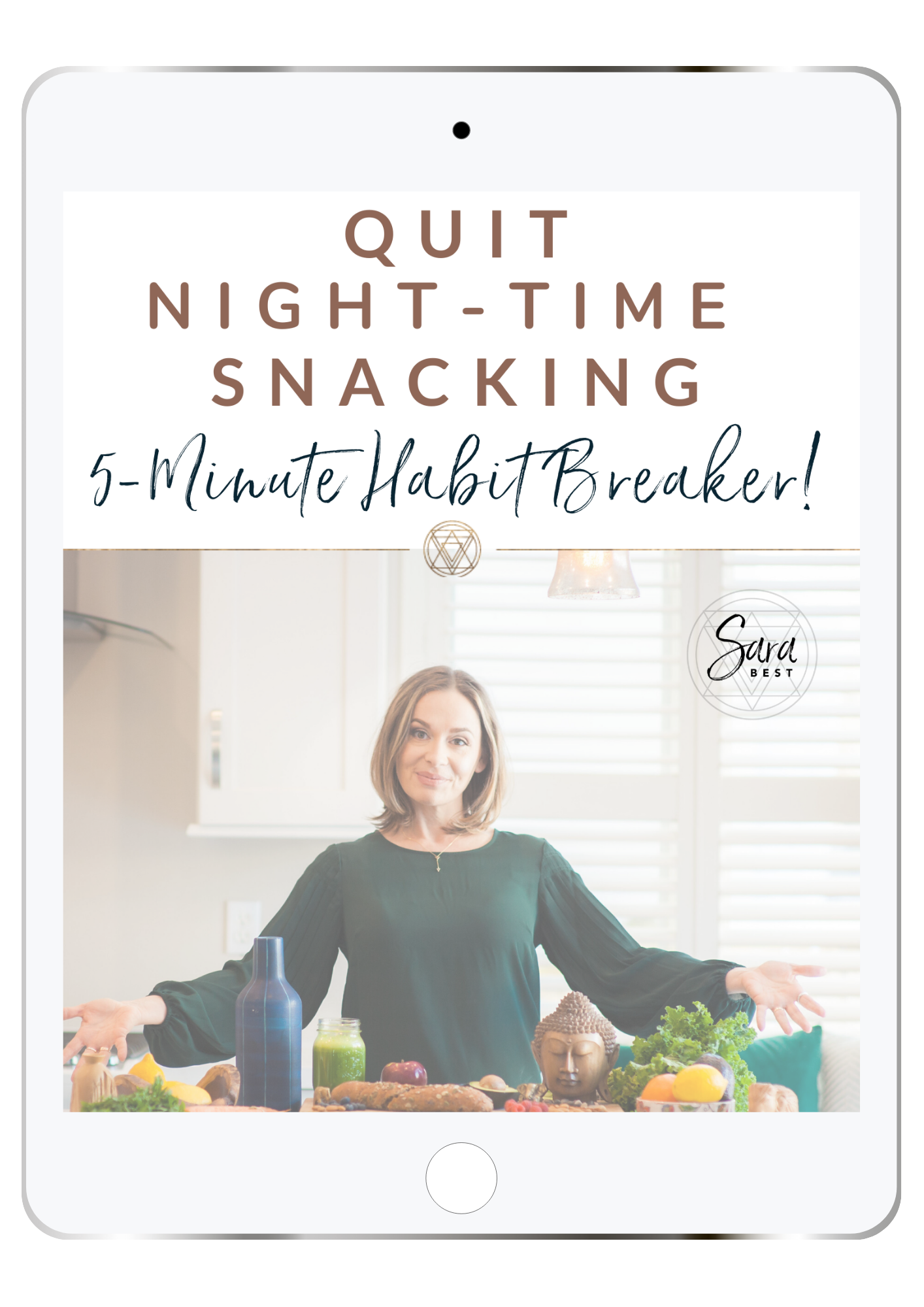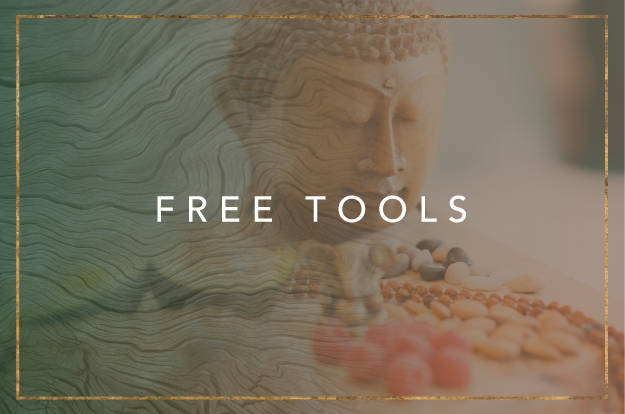
Are you really good at meeting work deadlines, but really bad at keeping New Year’s resolutions?
Always there for your family and friends, but rarely make time for your own health and self-care?
This is something I hear from clients, and members of my programs all the time, and when I read Gretchen Rubin’s new book, The Four Tendencies: The Indispensable Personality Profiles That Reveal How to Make Your Life Better (and Other People’s Lives Better, Too) , I finally understood why.
If you don’t know her, Gretchen Rubin is the best-selling author of The Happiness Project and Better Than Before. In this new book, she outlines what she calls, the “four tendencies.” This is a system that Rubin has devised for categorizing the different responses people have to outer expectations (e.g. picking up a friend from the airport, or making cupcakes for the school bake sale), and inner expectations (e.g. sticking to a diet, or going for a daily run).
Your approach to these expectations determines which of these “four tendencies” you fall into:
- “Upholders” respond readily to outer and inner expectations. They keep the work deadline, AND the New Year’s resolution, fairly easily.
- “Questioners” generally follow only inner expectations, so they will meet an expectation only if they think it makes logical sense for them. They have little trouble keeping the resolution, but they’re not going to do it on the arbitrary date of Jan 1 unless that makes the most sense for them.
- “Obligers” find it easy to meet outer expectations, but struggle to meet expectations they impose on themselves. The keep the work deadline with no problem, but New Year’s resolutions go out the window before February rolls around.
- “Rebels” resist all expectations, outer and inner alike. They want to do what they want, in their own way, and if you ask or tell them to do something, they’re likely to resist. If you say, “don’t push that button,” you can be sure that they’re going to push that button. They struggle to keep the work deadline AND the New Year’s resolution, unless they really feel like it in the moment.
Upholder, Questioner, Obliger, or Rebel, by understanding which “tendency” you most closely fit with, you can better understand what strategies will be most likely to motivate you to act.
And, in reading the book, it occurred to me that these “tendencies” can also help us determine what kind of approach might work best for each of us when it comes to staying on track with a healthy lifestyle.
For example…
If you’re an Upholder, you probably have no problem staying on track with creating a healthier lifestyle so you’re probably not reading this.
If you’re a Questioner, you need to deeply believe in the goals you’ve set for yourself. Something you might try is sitting down and making a list of all the tangible benefits that could come from you making your health a priority – then pin that list to the fridge and look at it often.
If you’re an Obliger, you need external accountability. Simply making a commitment to yourself to eat better or go to the gym three times a week isn’t going to work. Something that might help you stay on track is joining a running club, finding a work-out buddy, or posting on social media with daily or weekly updates on your progress.
If you’re a Rebel, you need to find a way to make your healthy choices into an act of freedom. For example, if you want to quit smoking, you might start telling yourself that by smoking you’re actually being a slave to a big tobacco company and, by quitting, you’re living life on your own terms.
It’s not that one tendency is better than the other – they each have their own strengths and weaknesses. And, attempting to change your tendency (something many of us attempt to do) is incredibly difficult. A more effective approach is to learn to understand what your particular tendency responds to best, and then finding a way to frame the healthy choices you want to make in that way.




